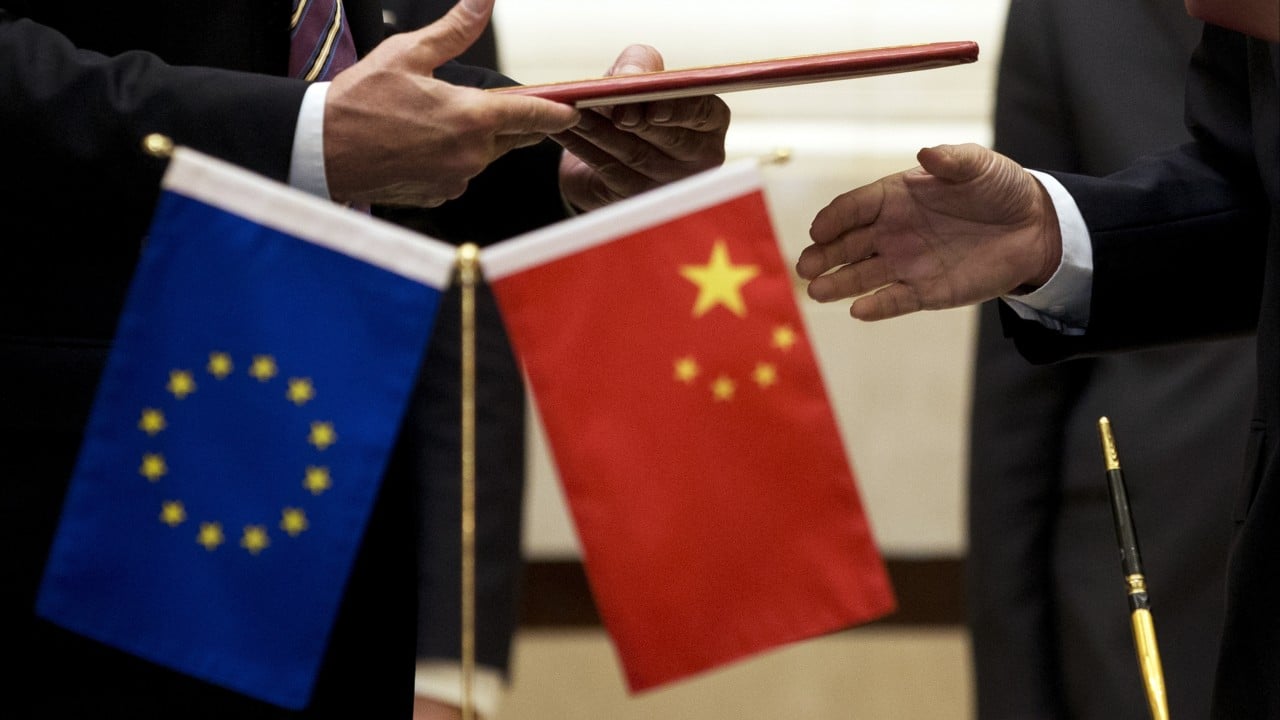European Union member states are expected to vote on Monday to restrict access to the bloc’s vast procurement markets for Chinese medical device manufacturers in response to Beijing’s refusal to open its own tenders to EU firms.
Advertisement
It would mark the first use of the bloc’s international procurement instrument (IPI) and comes after fruitless negotiations on market access with the Chinese government. Diplomatic sources said the vote was expected to pass, meaning the curbs could be implemented within weeks.
The vote could add another layer of tension before the sides’ trade chiefs meet on Tuesday. Maros Sefcovic and Wang Wentao were expected to see each other on the margins of an Organisation for Economic Cooperation and Development (OECD) ministerial conference in Paris, with a meeting slated for 4.30pm, EU sources said.
Sources said they were expected to attend a dinner gathering of “influential” trade ministers organised by the World Trade Organization director general Ngozi Okonjo-Iweala.
In January, a European Commission investigation concluded that there was “clear evidence of China limiting access by EU medical device producers to its government contracts in an unfair and discriminatory way”.
According to Brussels, Chinese medical device manufacturers have largely free access to public procurement tenders in the EU market, compared to the restrictions faced by European competitors in China.
Advertisement
The EU probe singled out Beijing’s “Buy China” policies – particularly in the high-end segment of the medical device sector – as designed “to directly favour domestic medical devices to the detriment of imported ones”.
It noted that the devices were among the 10 designated under the Made in China 2025 programme, with targets for domestically produced products to account for half of all those used in county hospitals by 2020, 70 per cent by 2025 and 90 per cent by 2030.


